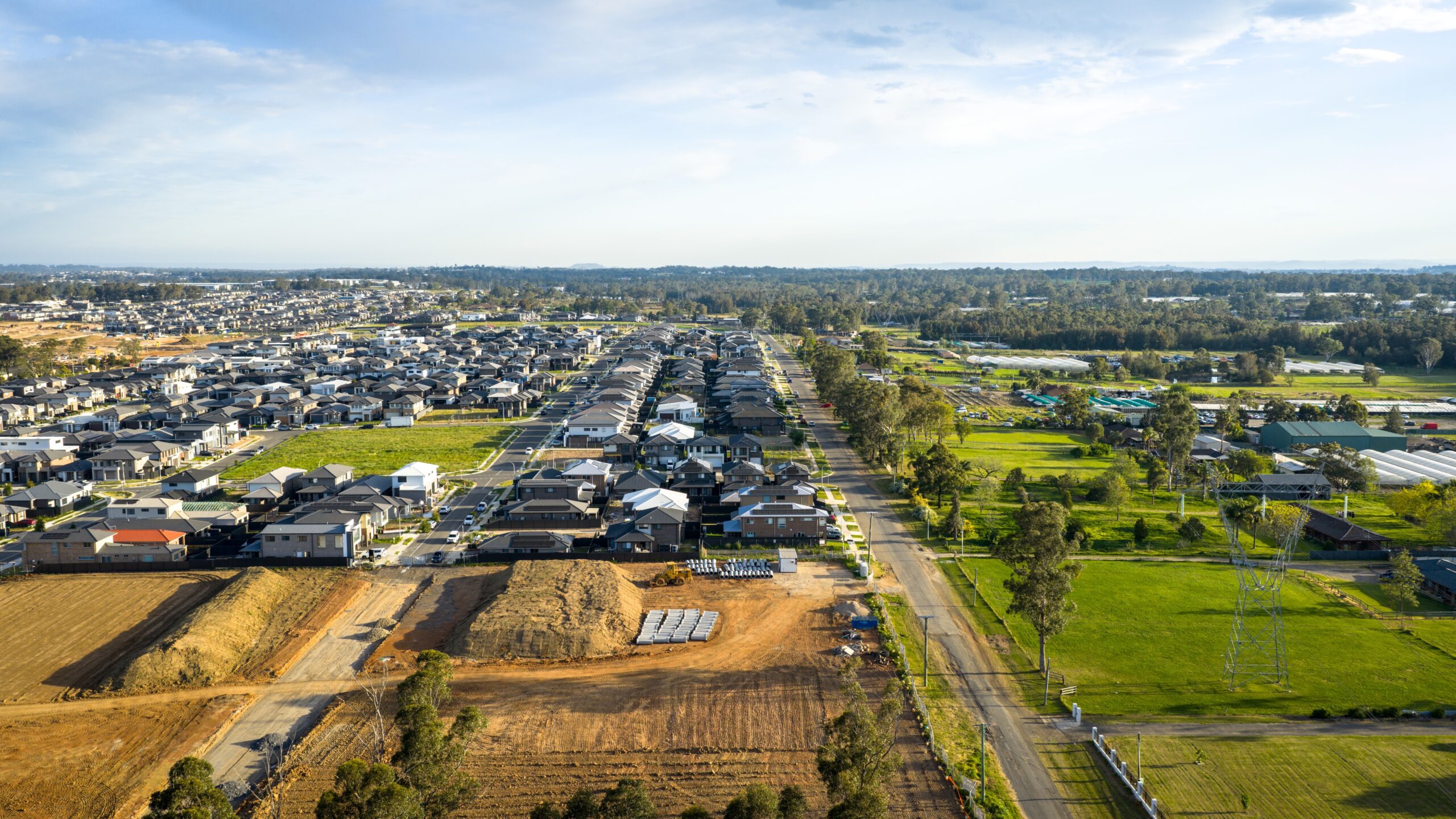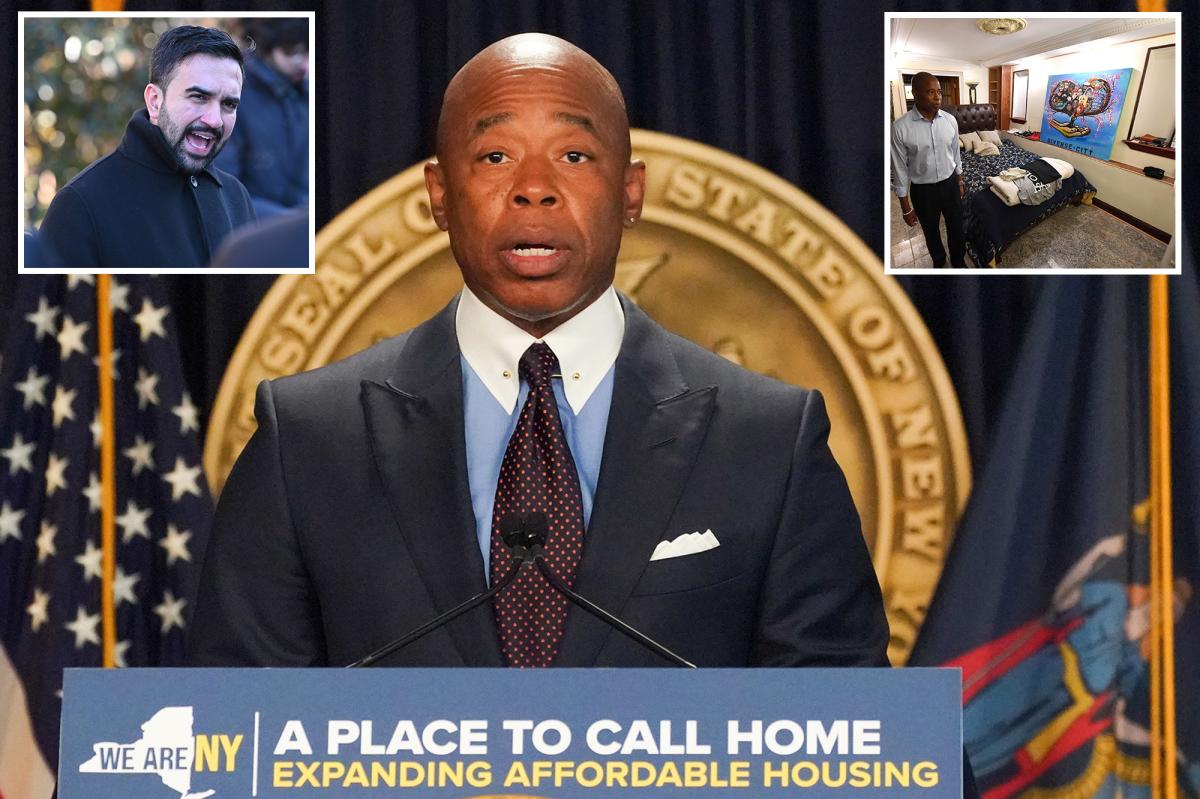L
os Angeles: A City of Contrasts, Where Luxury and Affordability Collide
The city's gleaming skyscrapers and sun-kissed beaches belie a harsh reality: many residents struggle to find affordable housing. The rapid rise in housing costs, coupled with a widening wealth gap, has created a crisis that threatens the very fabric of the city. At its core lies a complex web of speculative financial practices, fueled by the overproduction of luxury housing and the proliferation of arbitrage companies.
These middlemen firms have developed a lucrative business model: renting out individual rooms in luxury apartments at inflated prices, often to tenants who are willing to sacrifice privacy and autonomy for a more affordable option. But this arrangement comes with a steep cost: it perpetuates a system where developers can profit from vacant units while claiming to provide affordable housing.
The lack of transparency surrounding vacancy rates exacerbates the problem. The U.S. Census Bureau's proxy methods for tracking occupancy rates are woefully inadequate, leaving policymakers and citizens in the dark about the true scope of the issue. One potential solution lies in leveraging electric meter data from the Department of Water and Power (DWP), which could reveal which units remain unoccupied.
However, this data remains inaccessible to the public, allowing developers to exploit the system and keep units vacant while still profiting from favorable loans. The result is a glut of luxury apartments that far exceeds demand, with many remaining unoccupied for extended periods.
Developer bonuses and speculative investment have contributed significantly to the crisis. By incentivizing builders to construct larger, more luxurious projects, these programs create an environment where high-rise apartments are built in areas zoned for smaller developments. The affordable units set aside as part of these deals often remain vacant, waiting for the 50-year restriction to expire before being rented out at market rates.
The rise of corporate investors and real estate trusts has further fueled the crisis. These entities prioritize capital appreciation over providing homes for residents, leaving units vacant while they wait for the right moment to sell or refinance. The impact is devastating: an oversupply of luxury housing, a shortage of affordable units, and a growing population of homeless individuals.
Gentrification and the loss of affordable housing are also driving forces behind the crisis. As developers focus on building high-end apartments, long-term residents are pushed out by rising costs and displacement. Arbitrage companies contribute to this process by increasing the number of high-income tenants in desirable neighborhoods, further exacerbating the shortage of affordable housing.
The regulatory void is a major contributor to these problems. The city attorney's office and Housing Department lack effective oversight and enforcement mechanisms, allowing developers to take advantage of the system and keep affordable units vacant for decades. A vacancy tax could provide a solution, penalizing developers who leave units unoccupied while generating revenue for public construction of affordable housing.
To truly address the crisis, Los Angeles must prioritize building homes for people, not just for profit. Stricter regulations are needed to prevent speculative investment from driving up property values and displacing local communities. By implementing policies like rent control, stronger tenant protections, and robust monitoring of affordable units, the city can create a more sustainable model for housing development that benefits all residents, not just the wealthy few.
The future of Los Angeles depends on it: a city where everyone has access to safe, affordable housing, regardless of income or social status. It's time for action – and a new approach to building a city that truly serves its people.














